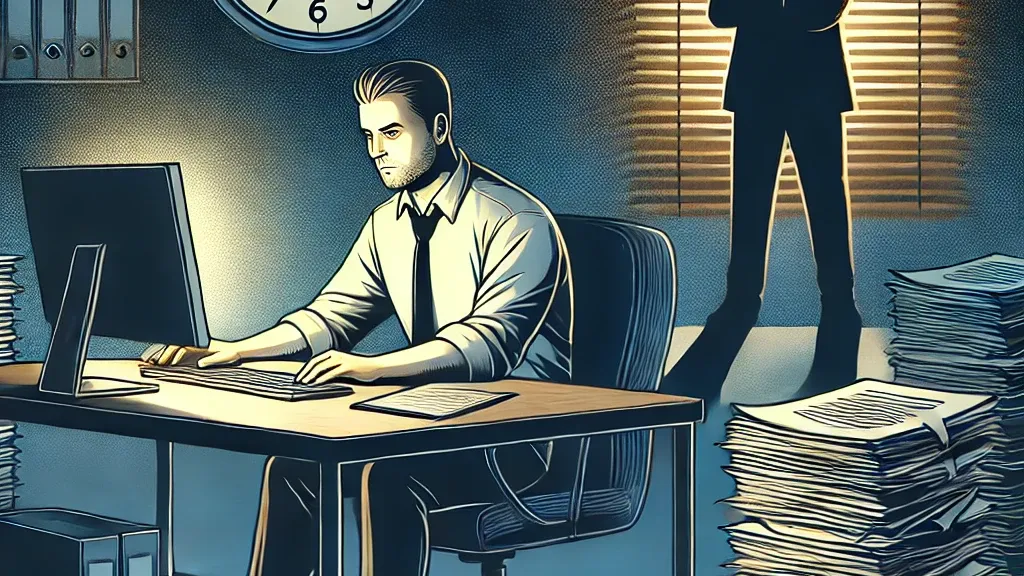I look back on my two years at that organization as vividly as if it happened yesterday. Not a single day passed without some kind of drama—whether orchestrated by the business owner or fueled by the staff. Staff in the organization had understood that surviving required mastering the art of gossip and understanding the unspoken rule: gossip wasn’t just currency; it was an investment. Share the right (or wrong) story with the business owner, even if fabricated, and you could secure your place— forgetting that this would also mean costing someone else theirs.
One particular episode still stings whenever I recall it. A staff member had stolen items from the depot. The incident was reported to the manager, who, I later discovered, opted to cover up for the ‘thief’—perhaps because the staff in question was a relative. Months later, the manager let this slip during a conversation with me, by mistake. I was the HR lead and at the time, I was spearheading a culture change initiative aimed at embedding accountability, something I considered a cornerstone of any healthy organizational culture.
Accountability was my baby. And as HR, it was part of my self-imposed KPIs—a big milestone in my efforts to overhaul the organization’s toxic culture. So, I asked the manager to take responsibility and confess his oversight by drafting an email to the CEO. This, I believed, would be the first step toward addressing the theft and holding people accountable.
Big mistake! Instead of doing as I suggested, the manager preemptively went to the CEO with a different story: that he had learned from me that the theft had occurred, and that I—yes, me—had covered it up for over two months.
I still recall that Monday morning as if it was happening right in front of my eyes today.
The CEO summoned me to his office, his anger palpable before I even stepped through the door. Without seeking clarification or listening to my side of the story, he unleashed his anger and frustration on me. Three times I tried to interject, to explain, but each time he cut me off. His verdict was final: as HR, I had failed in my duty to report.
To date, I do not agree that it was my responsibility to report. No. My job was to foster a culture of accountability, transparency, and integrity—not to act as a whistleblower for every misstep. If I took it upon myself to report issues directly, I’d only be reinforcing the toxic, blame-shifting culture that I was trying so hard to dismantle.
I walked back to my office feeling every bit of the humiliation, heartbreak, and frustration. My confidence was shaken, my spirit bruised. Sitting at my desk, resignation felt like the only way out. But then, as I saw the manager pass by and stare at my office as if trying to say, ‘i had no choice’, and vowed to stay the course until the culture changed..
Yes, I stayed—not for the manager or the CEO, but for the team and for the hope that one day, the culture would change. Sometimes, resilience is the silent protest that reminds you why you began the fight in the first place, as a HR Manager.
If you have an interesting HR management story, or you would like to sign up for our HR coaching course, or need help with training your management team, or HR outsourcing, reach out to us. People Wellness Consultants is a HR firm established to offer guidance to HR people and coach business leaders.


